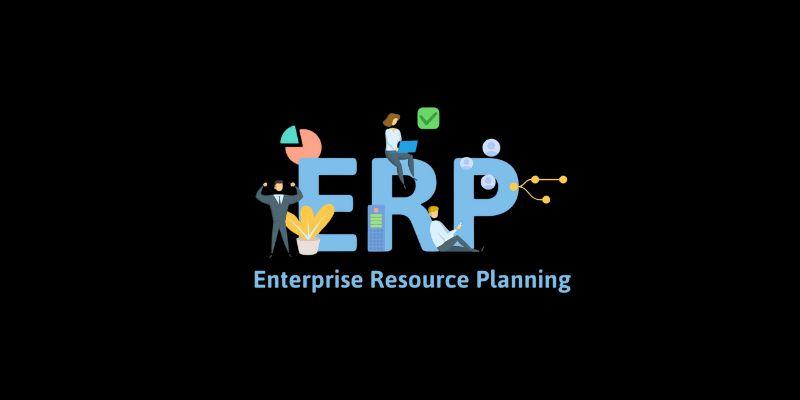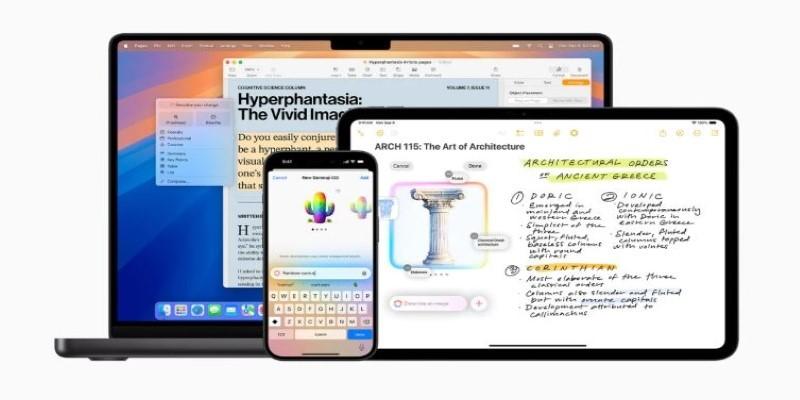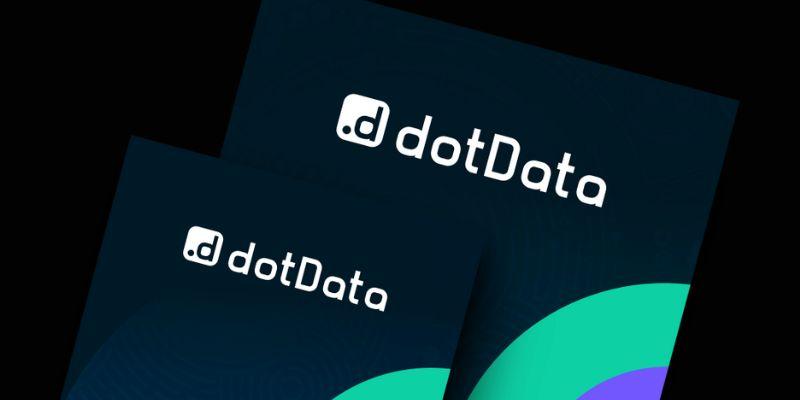Google is starting to roll out its Gemini AI assistant to supervised child accounts, and it’s causing mixed reactions from parents. If your child uses a device tied to a Google account, Gemini might soon appear in their Search or Chrome experience. Google says it’s meant to be a helpful tool — offering learning support, writing suggestions, and educational answers. But not everyone’s convinced that AI belongs in a child’s digital space. The good news: it’s optional. Parents have control through Family Link and can switch it off. But understanding what Gemini does first makes that decision easier.
What Is Gemini AI and How Is It Different for Kids?
Gemini is Google’s latest AI tool, designed to answer questions, assist with writing, and offer suggestions in apps like Gmail, Docs, and Search. It replaces the previous Bard name and is now appearing more widely across Google services. For supervised child accounts, Gemini includes additional filters and restrictions. These are meant to block inappropriate content and prevent the AI from answering certain sensitive or complex questions.

The AI itself still works the same way — it takes user prompts and returns written responses that feel conversational. Children might use it for help with homework, idea generation, or general questions. But this conversational nature can lead to confusion. Gemini tends to sound confident, even when it's wrong, which can be misleading for young users who are still developing critical thinking skills.
Google says supervised accounts limit Gemini’s access to certain content and topics. But while filters reduce risk, they don’t eliminate it. That’s why parental involvement is still necessary. Kids may not always recognize when the AI gives a vague or incorrect answer, and Gemini isn’t capable of explaining its sources in a way a teacher might. It’s important to think of it as a tool with guardrails — not a standalone guide.
How Google Is Rolling It Out and What Parents Should Know?
Gemini is being rolled out in phases, starting with the United States. If your child has a supervised account under Family Link, the feature may already be live or coming soon. Parents will likely receive a notification once it’s activated. There’s no setup required on the child’s end; Gemini simply becomes part of their Google experience.
Once active, your child may encounter Gemini in Search, the Google app, or on Chrome. It won’t feel like a separate app — it’s woven into services they already use. That can make it easy for kids to engage with Gemini without realizing they’re using AI. That’s part of why some parents are uncomfortable with the rollout. They want to understand what their kids are accessing and when.
Fortunately, Google allows parents to turn off Gemini through Family Link. This setting is listed under a section called “Google AI” and lets you disable Gemini entirely for your child’s account. Once it’s turned off, they won’t be able to interact with the chatbot. However, some smart features — like autocomplete or predictive suggestions — may still appear, as these are built into apps like Docs or Gmail.
Knowing where the boundaries are can help parents decide whether to leave Gemini on. While the AI may be restricted, it still functions in a way that could influence how kids think, write, or search for answers.
Where Gemini AI Helps — And Where It Might Overstep?
There are clear benefits to having an AI assistant. Kids can ask Gemini to explain tricky topics, suggest titles for a project, or outline steps in a math problem. For families seeking learning support, this can be a helpful companion — especially when parents are busy or unfamiliar with a subject.

But Gemini doesn’t always get things right. It’s trained on a wide range of data and aims to provide useful answers, but it can still give outdated or shallow responses. Worse, it may skip context or nuance a child really needs. The AI isn’t capable of saying, “I don’t know” like a person would — it always tries to answer, even if the question is unclear.
Another concern is overreliance. If Gemini is available for every question, it may become a shortcut rather than a learning tool. Kids might start using it to finish tasks without really understanding the material. That’s not a flaw in the tool — it’s just how behavior shifts when instant answers are always there.
Parents should also know that while Gemini has safety filters, they aren’t perfect. A question phrased differently can sometimes get around restrictions. In that case, the AI might give an answer that isn’t suitable for a younger audience. That’s one reason many parents are watching Gemini’s role closely, rather than treating it as just another feature.
Should You Turn It Off?
Whether to disable Gemini depends on how your family approaches technology. Some parents might feel comfortable letting their kids use it with guidance. Others might want to wait until the AI matures or until their child is older. The good thing is, you have the option to choose.
If you leave Gemini on, it’s a good idea to talk to your child about it. Ask what they’re using it for, read a few responses with them, and make sure they understand that AI isn’t always right. Encourage them to ask questions and cross-check information with trusted sources like books, teachers, or verified websites.
If you’re not ready to introduce AI into your child’s digital life, turning it off is simple. The switch is available in Family Link and takes only a few seconds. Your child can still use other Google tools without Gemini. They’ll still have access to Search, Docs, and Gmail — just without the chatbot layered into those experiences.
Conclusion
AI tools are becoming part of kids' digital lives, ready or not. Google's addition of Gemini AI to supervised accounts offers both benefits and concerns. While it can support learning, it also needs oversight. Parents can choose to keep it on with guidance or turn it off using Family Link. Either way, staying involved and understanding how your child uses technology is key to making the best decision for your family.












